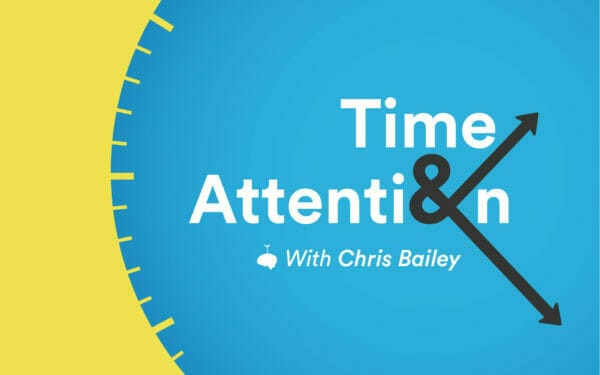
 Time and Attention
Time and Attention 113: Productivity Prime Time
18 snips
Oct 10, 2023 Learn how to calculate your biological prime time for peak productivity, work around your most productive hours, and the regressive trend of 'girl math' on TikTok and gender stereotypes in STEM fields.
AI Snips
Chapters
Transcript
Episode notes
Energy and Productivity
- Personal energy levels fluctuate throughout the day, influencing productivity.
- Align your work with peak energy times for optimal output.
Finding Your Prime Time
- Calculate your biological prime time to identify your most productive hours.
- Consider individual energy peaks within broader prime time ranges.
Midpoint of Sleep Calculation
- Determine your midpoint of sleep by adding half your ideal sleep time to your natural bedtime.
- This midpoint helps categorize you as an early bird, night owl, or somewhere in between.

